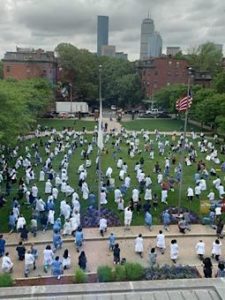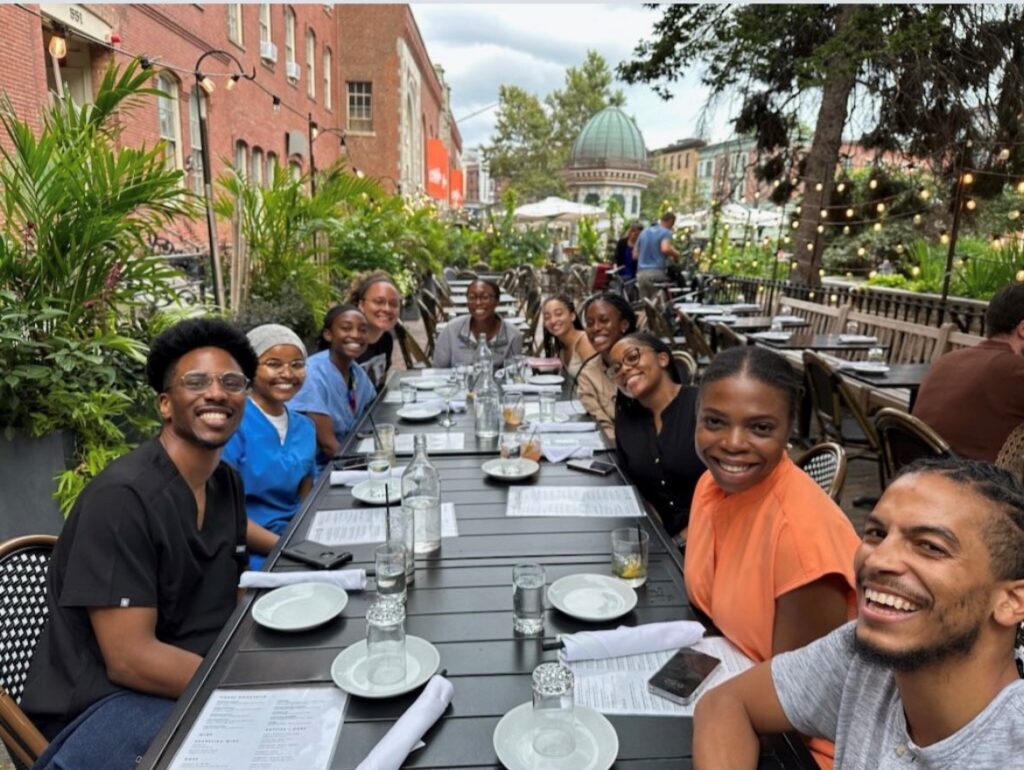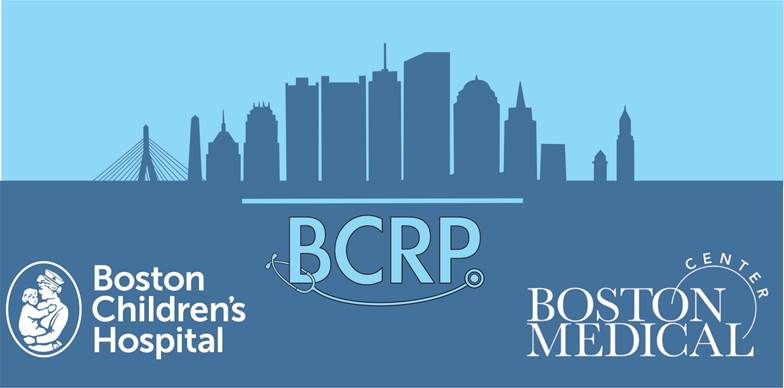Antiracism
BCRP Action as an Antiracist Training Program

Our program is dedicated to working continuously and sustainably to power and elevate antiracism in our daily lives as pediatricians. Below, you’ll find a subset of our works in progress to move forward with tangible, long-term, sustained anti-racist actions. This list is not exhaustive but instead includes examples of the ways in which our communication, values, and most importantly, actions, affirm the importance of liberation of specifically Black and Indigenous people in this country from historic systems of oppression and racism.
The list below includes just a subset of the immediate-, medium-, and long-term anti-racist actions undertaken by the BCRP after development of an initial comprehensive strategic plan in Spring 2020. Specific action steps were generated from multiple town hall discussions and brainstorming opportunities with residents and faculty. These conversations are ongoing at dedicated residency-wide huddles and protected time at every Executive Committee and Residency Program Training Committee (RPTC) meeting.
You can read more about “Becoming an Anti-Racist Training Program: A Single Residency’s Year of Growth” in this article published by BCRP leaders in 2022.
Organizational
- Continue to build greater racial and ethnic representation on our leadership team on short-term timeframe
- Immediate identification of one APD at each site with protected time to advance antiracist work
- Antiracism work as a standing agenda item at all BCRP Executive Committee meetings
- Longitudinal brainstorming, listening, and responding to resident suggestions and feedback regarding antiracism work via dedicated town halls
- Contract with Black-owned businesses to cater food at noon conferences and other BCRP events, with the goal of having catering from a Black-owned business at least once per week
- Annual leadership retreat (Chairs, PDs, APDs, chiefs, rising chiefs, clinical competency committee faculty, and selection committee leaders) dedicated to ongoing strategic planning and learning about the history of racism and bias, addressing micro and macroaggressions, and dismantling racist systems
- Annual needs assessment/climate survey sent to UIM applicants and all members of the Diversity Council, which is reviewed by Exec and RPTC and incorporated into strategic planning
- Honor Juneteenth as a residency holiday with resident input by protecting Black and African American-identified residents from clinical duties for programming and fellowship
- Ongoing and annual review of diversity of invited BMC Grand Rounds speakers to ensure our department is supporting and amplifying the voices of a wide breadth of individuals and perspectives
Climate
- Weekly Bias Reporting and Review Committee where PDs, APDs, chiefs, and admins meet to discuss reports of bias and maltreatment, devise a plan to support reporters, address concerns and provide feedback, and implement mechanisms for closed-loop communication to residents on progress
- Funded Mentorship program for Minority physicians and those dedicated to careers in Equity and Diversity (MentorMED) established in AY21-22 and focused on career development through one-on-one mentorship relationships between Diversity Council members and UIM faculty or faculty dedicated to DEI work
- BCRP-envisioned, GME-wide BCH survey of learners and trainees to identify organizational or institutional priorities for mediating bias impacting the learning climate completed in Spring 2022
Education
- BCH and BMC required universal training (ACT and LIFT models, respectively) for identifying and addressing in-the-moment microaggressions and other workplace bias (upstanding) for faculty, trainees, students and staff
- Regular and as needed BCRP-led professional development education for rotation directors focused on topics such as upstanding and evidence-based approaches to providing high-quality, bias-free feedback and written evaluations
- Earlier introduction of antiracism material and education
- Earlier introduction of antiracism material and education, including a primer on Racism in Medicine and a simulation-based session on working with interpreters and patients with limited English proficiency, into intern orientation led by Diversity Officer, Dr. Camila Mateo, and APD, Dr. Christine Cheston.
- Keystone Advocacy orientation reformatted to include clear connections between racism, economic exclusion and disinheritance, and poverty using a historical framework
- Added annual walking tour of Roxbury by Collin Knight from his local, Black-owned business, Live Like a Local Tours, to Rising Intern Orientation
- Continued expansion of Health Equity Rounds at BCH throughout the year, as noon conferences and/or Grand Rounds, in addition to 4+ existing Health Equity Rounds at BMC
- Invitations to deliver conferences and other presentations to residents include a request for presenters to create inclusive presentations that appropriately consider racism and inequities and an ask that all presenters review this video from the Brown University School of Medicine about how to create inclusive curricula (e.g., using a diversity of images of patients from various racial background, not listing race as a risk factor, exploring why racial groups are discussed separately when this occurs)
- Academy afternoons during annual Fall Retreat include a focus on antiracism work specific to each Academy
Recruitment
- Financial support from the BCH Office of Health Equity and Inclusion and the BMC Office of Minority Physician Recruitment to fund resident travel, lodging, and registration for SNMA and LMSA annually and policies to support protection from clinical responsibilities for attendees.
- Annual analysis of data on UIM recruitment (including who applies, interviews, matches into the BCRP, and where other residents go), post-match survey and involvement of key stakeholders (residents, selection committees, fellowships) in discussion about how to disseminate this information to make improvements
- Annual update of the BCRP website to reflect ongoing commitment to and plans for antiracism work
- Ongoing, proactive outreach and engagement with UIM applicants starting each summer
- Protected, scheduled time to talk with our UIM residents and allies about their experiences with the selection process and during residency to help inform potential changes for the upcoming recruitment season
We welcome applicants from all backgrounds to reach out with any other related questions as they consider applying to our program.




